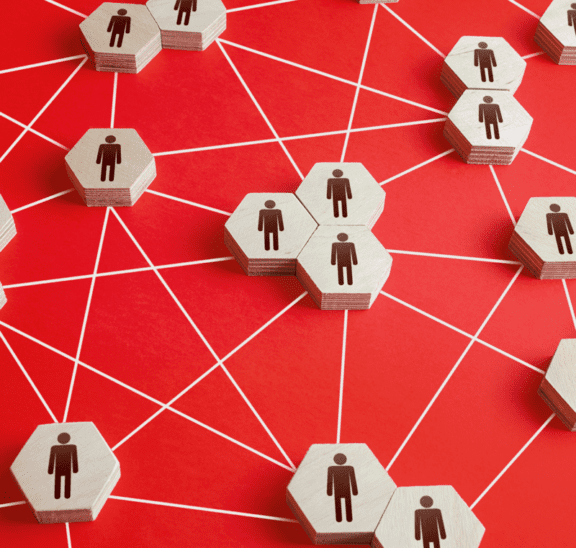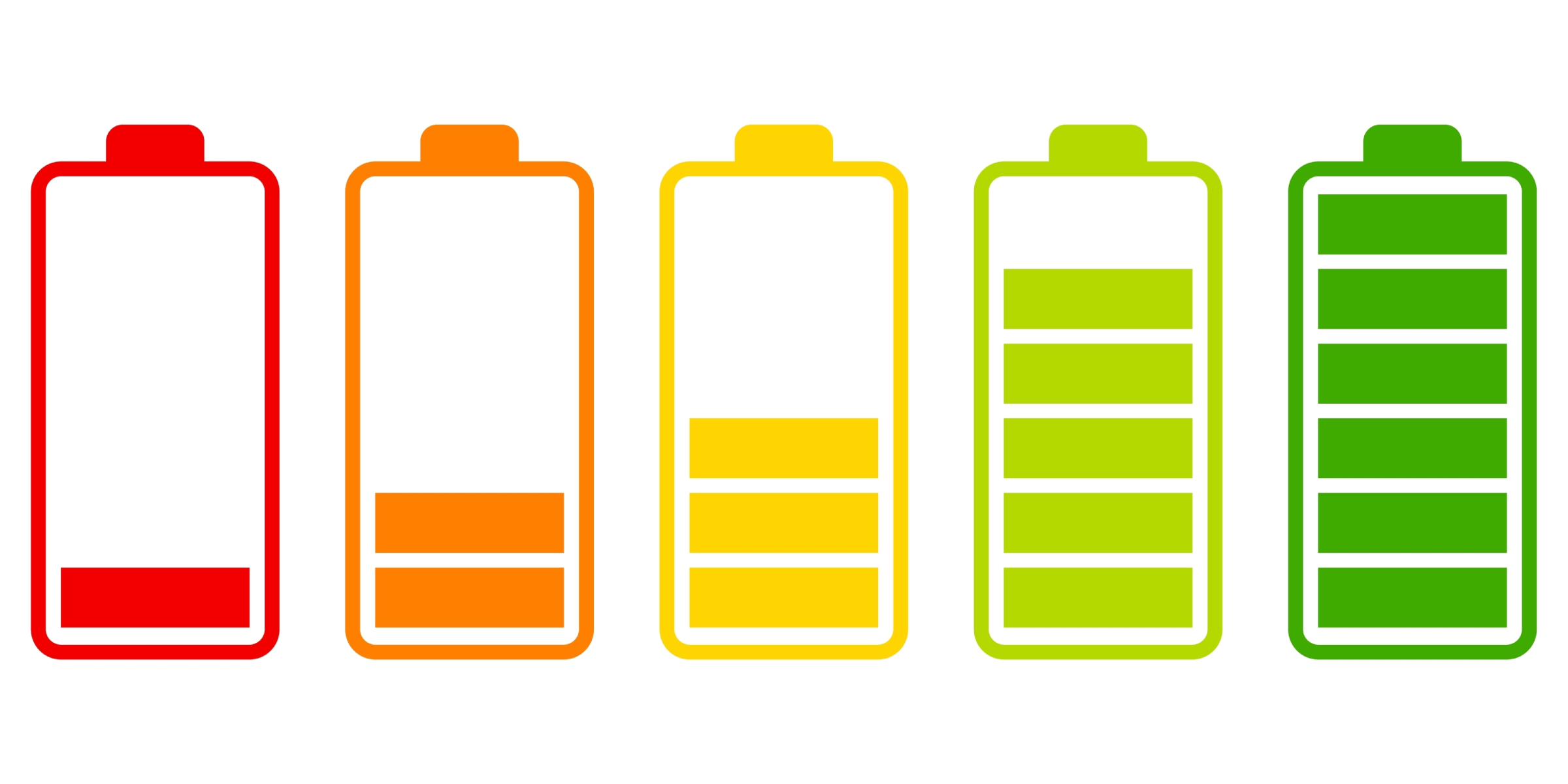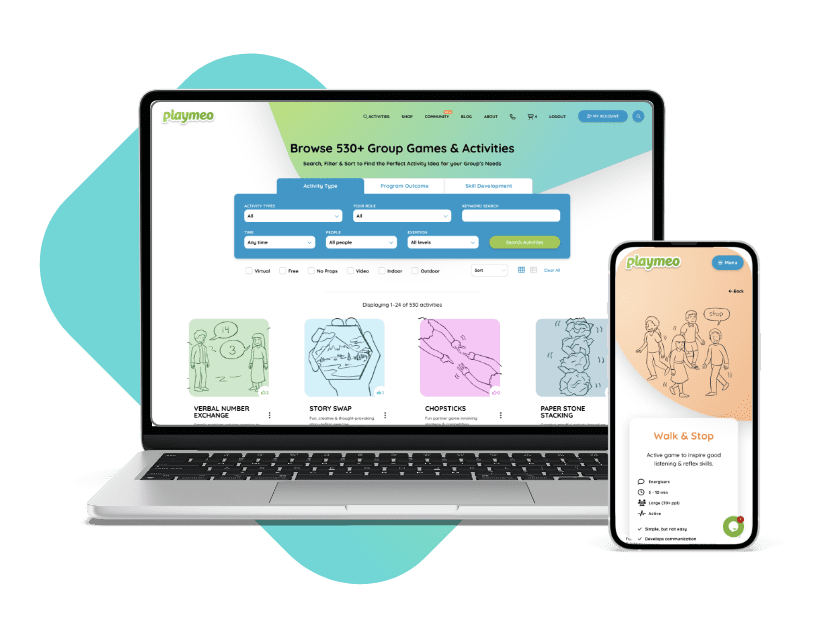Download our free 28-page ebook jam-packed with outrageously fun activity ideas.
I’ve been in this game for 33+ years.
In the early stages of my career, I could only point to anecdotal evidence that building stronger relationships and connections within the groups I worked with led to improved outcomes, amplifying whatever we were trying to accomplish.
But it was difficult to point to the tangible impacts and even harder to measure them.
Happily, there is now a lot of research and scientific evidence to support this focus on facilitated experiences.
The US Surgeon General released the latest advisory on the healing effects of social connection and community in its report, Our Epidemic of Loneliness & Isolation.
Why Building Social Connections Is Important
Here are some key takeaways from the US General’s Report.
1. Humans are wired for social connection, but we’ve become more isolated over time
Social connection is as essential to our long-term survival as food and water. But today, loneliness is more widespread than other major health issues in the U.S. Our epidemic of loneliness and isolation is a major public health concern.
2. Social connection significantly improves the health and well-being of all individuals
Social connection reduces the risk of premature mortality. It can predict better physical and mental health outcomes and ease stress. Higher levels of connection can influence health-related behaviours. Educational and economic achievement are even impacted by connection.
3. Social connection is vital to community health and success
Socially connected communities enjoy better population-level health. They are more prepared for—and resilient in the face—of disaster situations. They also experience greater economic prosperity and reduced levels of crime and violence.
Educators Have a Role to Play
We all have a role in supporting and developing social connections of the groups we work with in our staff training programs, classrooms, and teams.
The growing weight of evidence suggests that our programs must be more than just about education. I believe all educators are called to inspire, equip and empower our groups to build and enhance their relationships, especially for young people, because they are typically the least able to facilitate this growth.
Yeah, I get it – this adds another layer to what is already a very crowded curriculum. But…
The evidence also indicates that those programs that intentionally build healthy and trusting relationships outperform all other programs in terms of increased participation, stronger relationships and higher performance levels.
Whether at home, work, school or play, fostering social connection requires committing to our relationships and communities. Our actions today can create sustainable changes in society and bring better health to all.
Want to Learn More?
If you want to learn more about the evidence supporting the value of play and connection in our workplaces and schools, click the button below.
ps: thanks to JeWElle de Mesa for informing me of this significant report.













Original post August 2023, last updated August 2023.